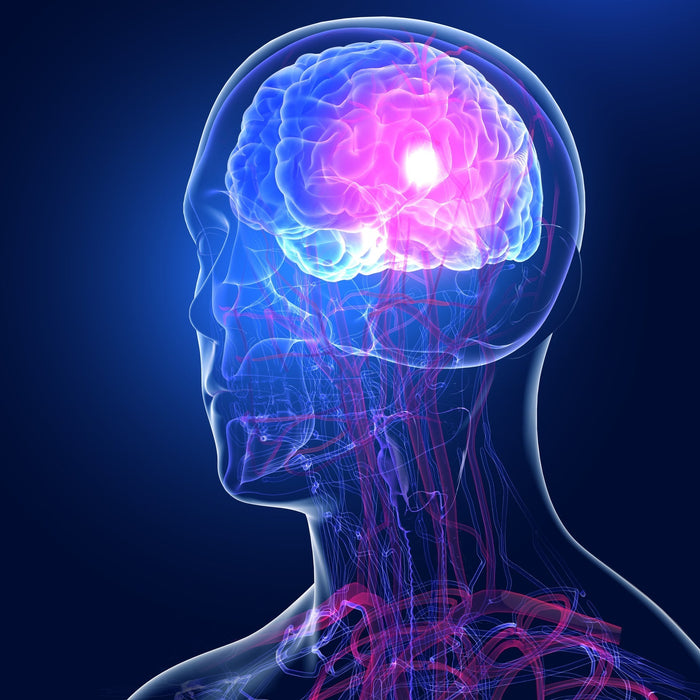The COVID-19 pandemic has put medicine and healthcare systems worldwide to the test, but even after many patients have survived the acute phase of the disease, doctors are facing a new challenge: Long COVID syndrome. This condition, also known as Post-Acute Sequelae of SARS-CoV-2 (PASC), describes a group of symptoms that persist after COVID-19 infection and can severely affect the lives of those affected.
Definition of Long COVID: Long COVID refers to a set of symptoms that persist for more than four weeks after initial infection with the SARS-CoV-2 virus. Many of these symptoms can be severe and have a significant impact on the daily lives of those affected.
Common symptoms:
- Fatigue or tiredness
- Breathing problems
- Chest pain or palpitations
- Joint and muscle pain
- headaches
- Memory, concentration or sleep problems
- Persistent loss of taste or smell
- Skin rashes
Click here for the best rapid tests for COVID-19 ...
Pathophysiology: Although the exact cause of Long COVID is not yet fully understood, there are several theories:
-
Viral persistence: Some theories propose that fragments of the virus remain in the body and can continue to cause symptoms.
-
Immune response: It is thought that the immune system remains overactive in some people and continues to attack healthy tissue.
-
Vascular damage: COVID-19 can damage blood vessels, which can lead to inflammation and other problems.
-
Nerve damage: The virus could also affect the nervous system, leading to neurological symptoms.
Diagnosis: There is currently no specific test method for Long COVID. Diagnosis is mainly based on clinical history and exclusion of other possible causes.
Treatment approaches:
-
Multidisciplinary care: Many patients benefit from a team approach to treatment involving specialists from different medical specialties.
-
Rehabilitation: Physiotherapy and occupational therapy can help with physical and cognitive symptoms.
-
Drug treatment: Some medications can be used to relieve certain symptoms, but there is no specific therapy for Long COVID yet.
Conclusion: Long COVID is a serious and complex syndrome that requires further research. It is critical that physicians are informed about this syndrome and utilize the best resources available to help their patients. As scientists continue to research the exact causes and potential treatments, it is our job to provide the best possible support and care for those affected.
Click here for the best rapid tests for COVID-19 ...






Leave a comment